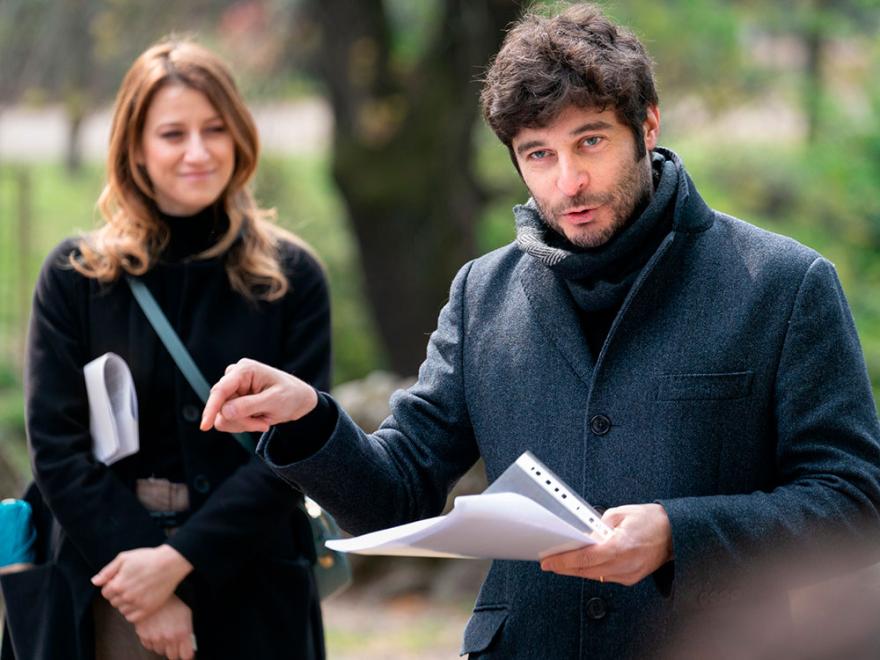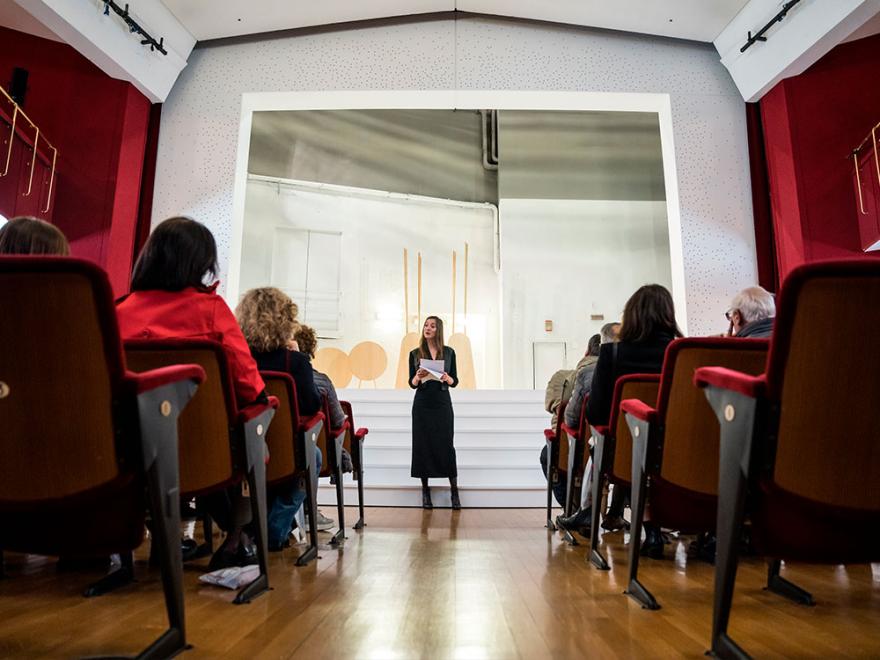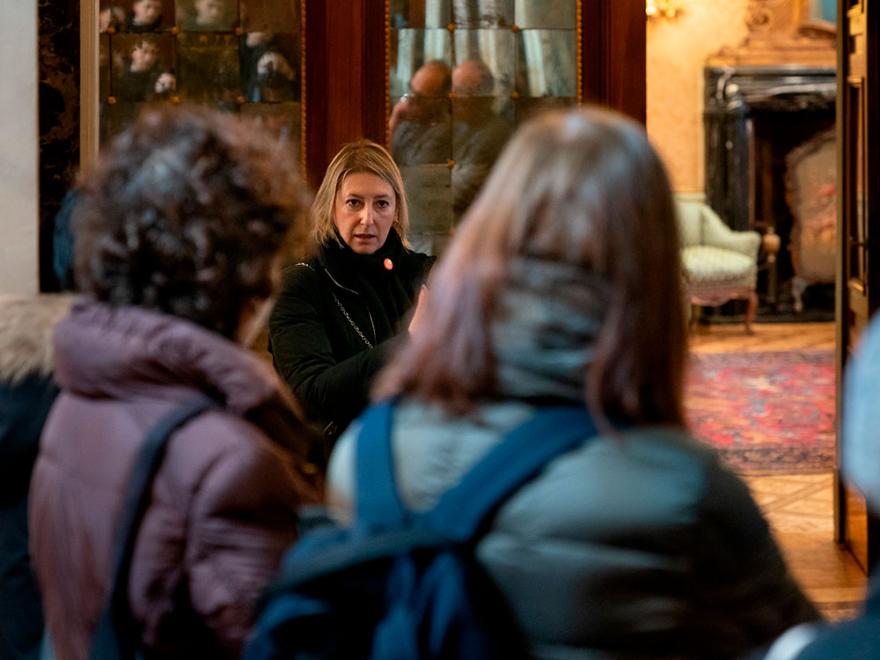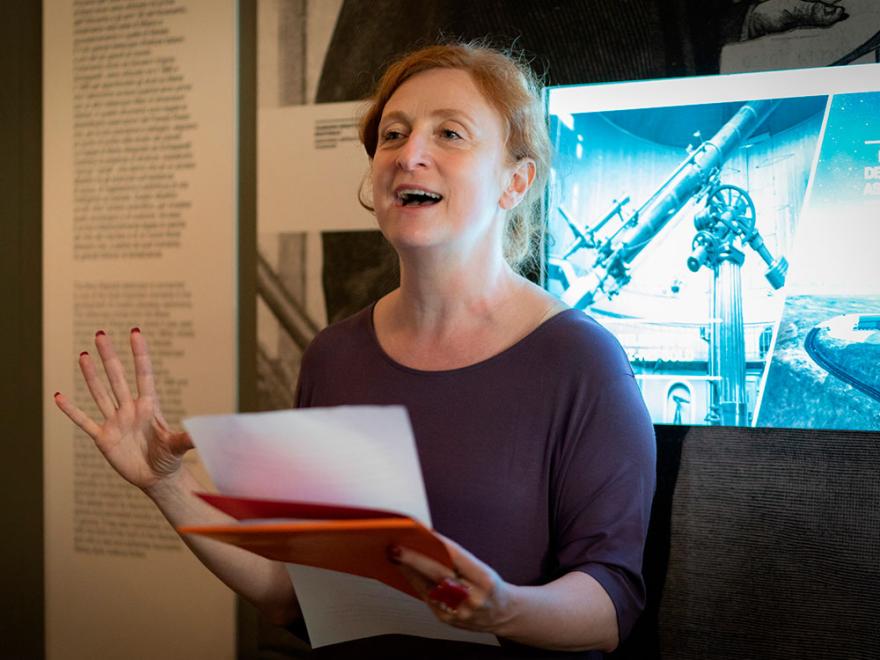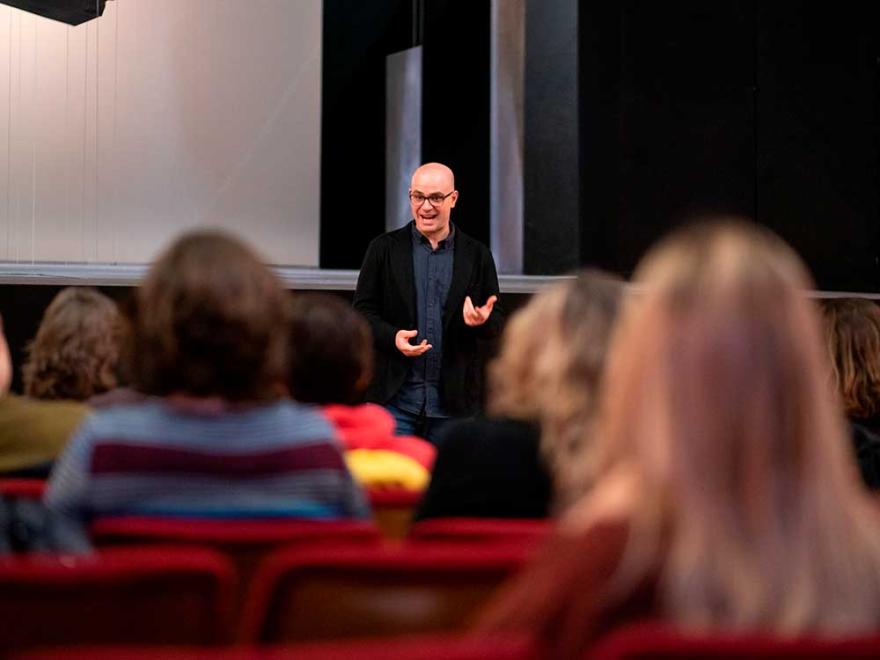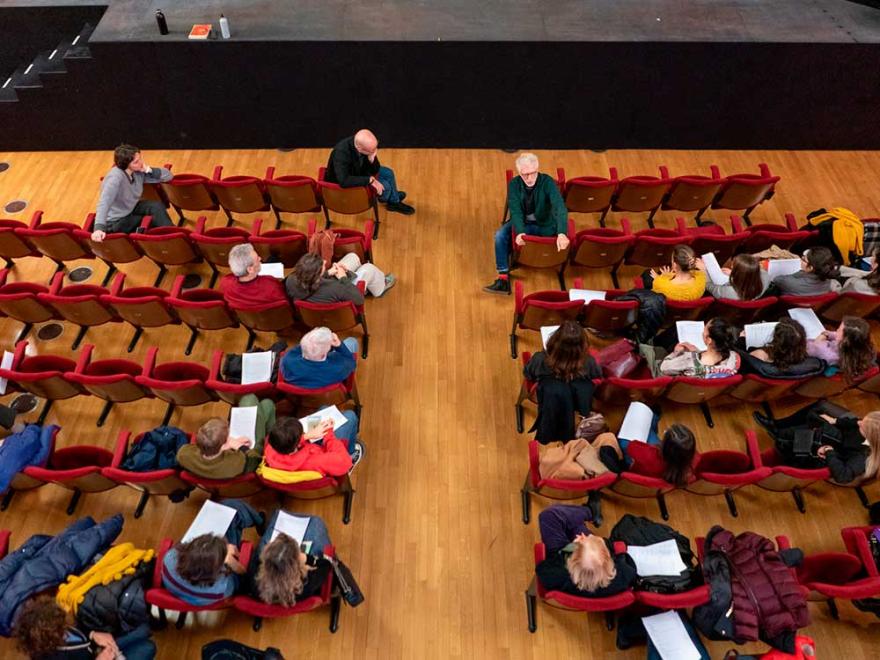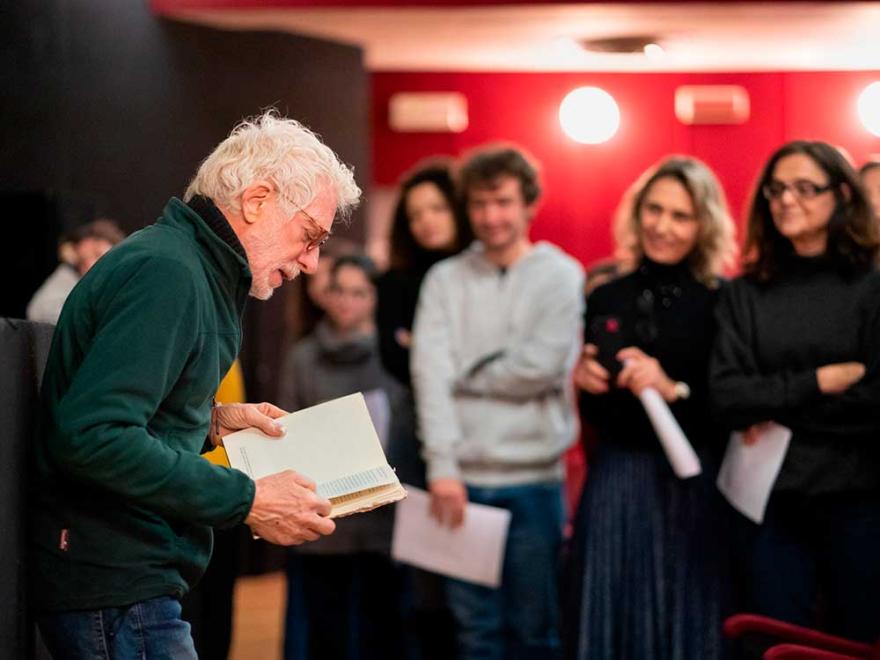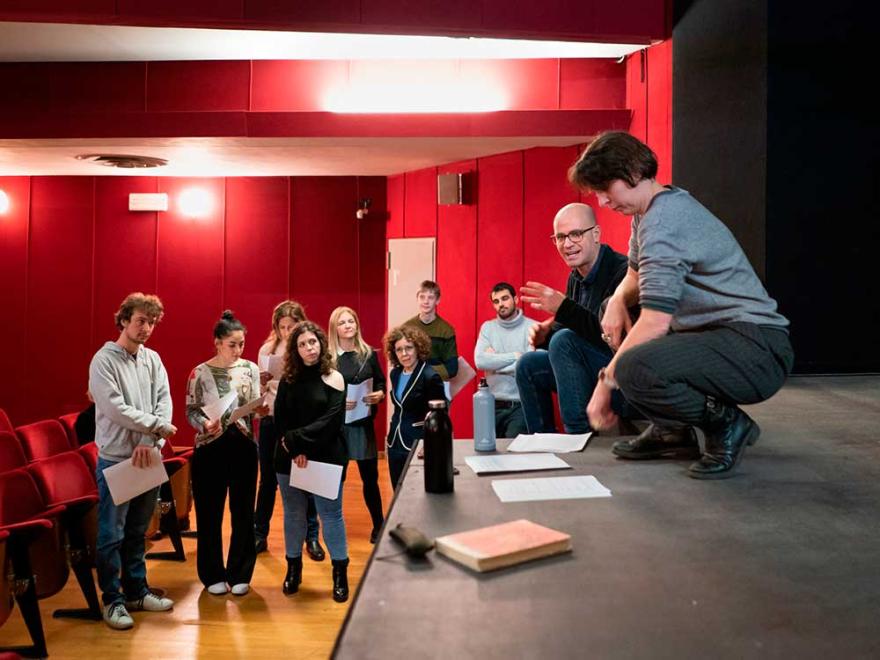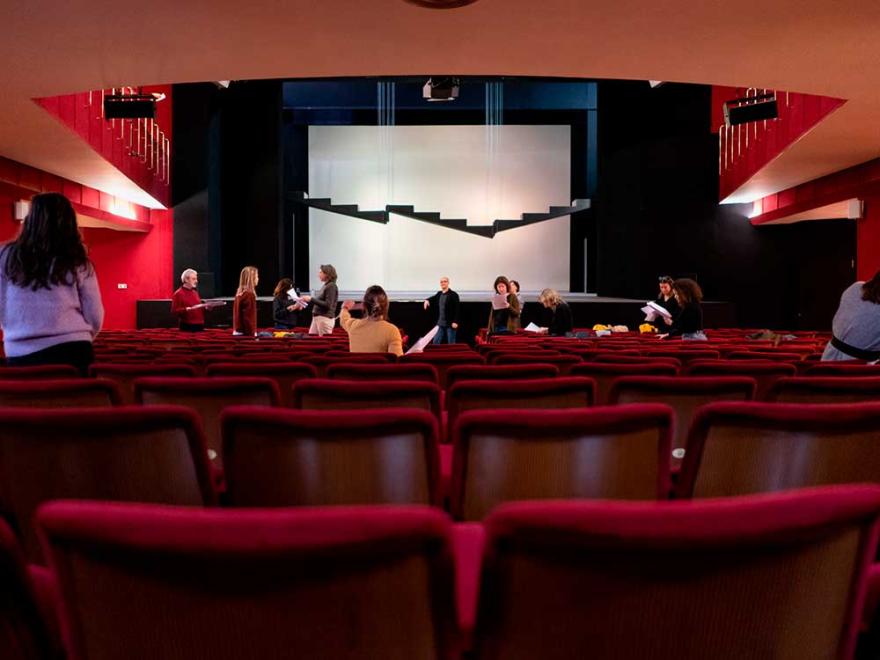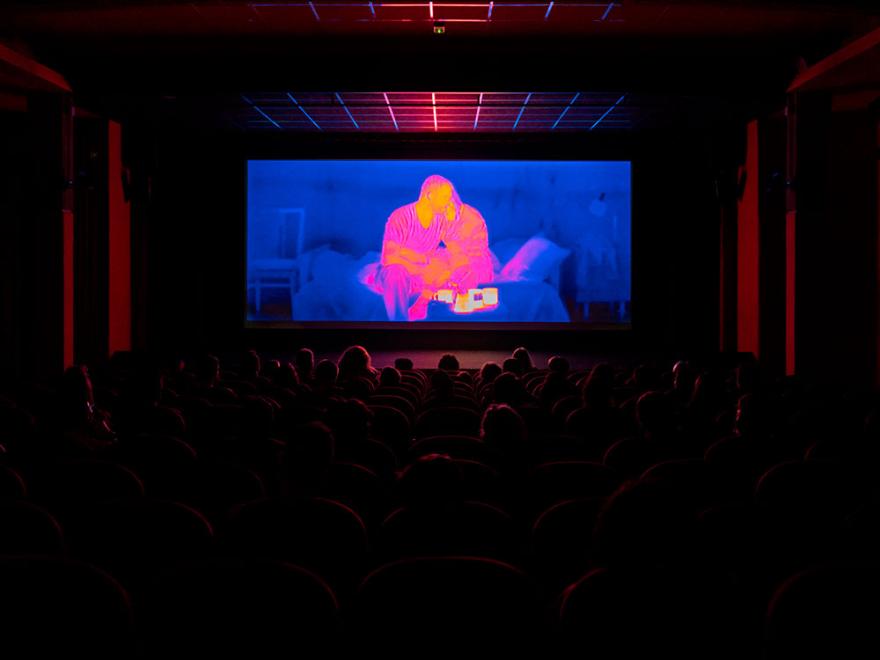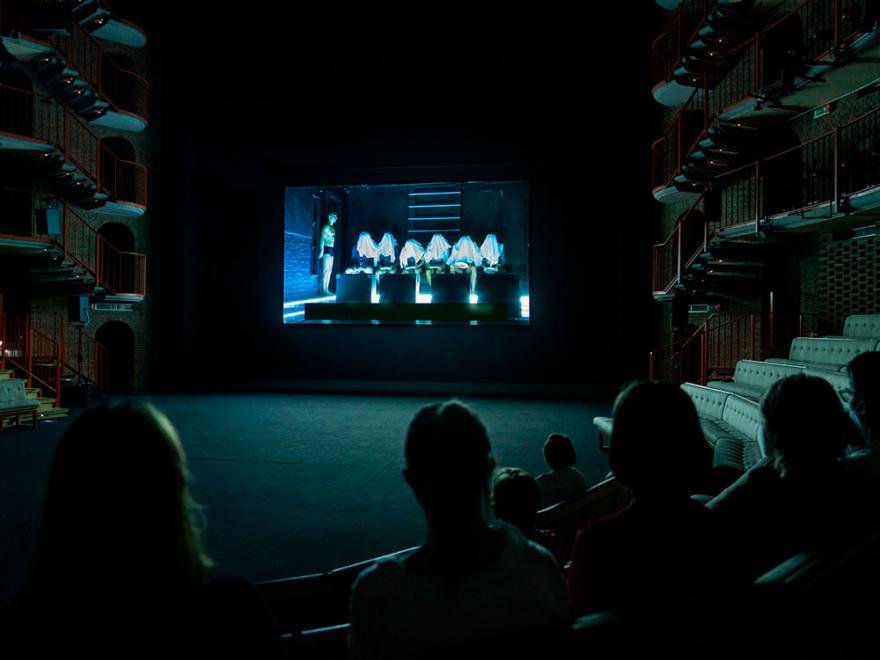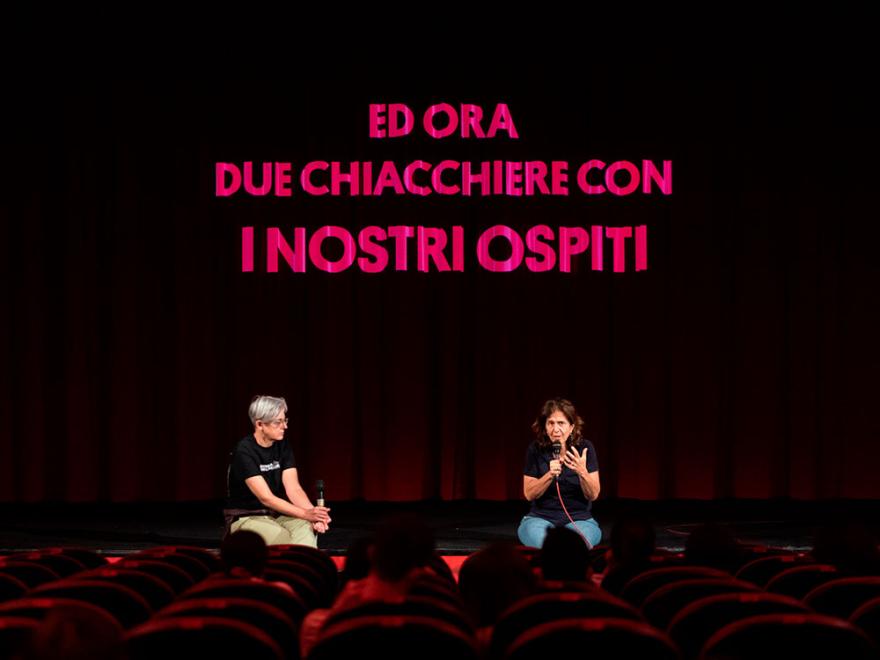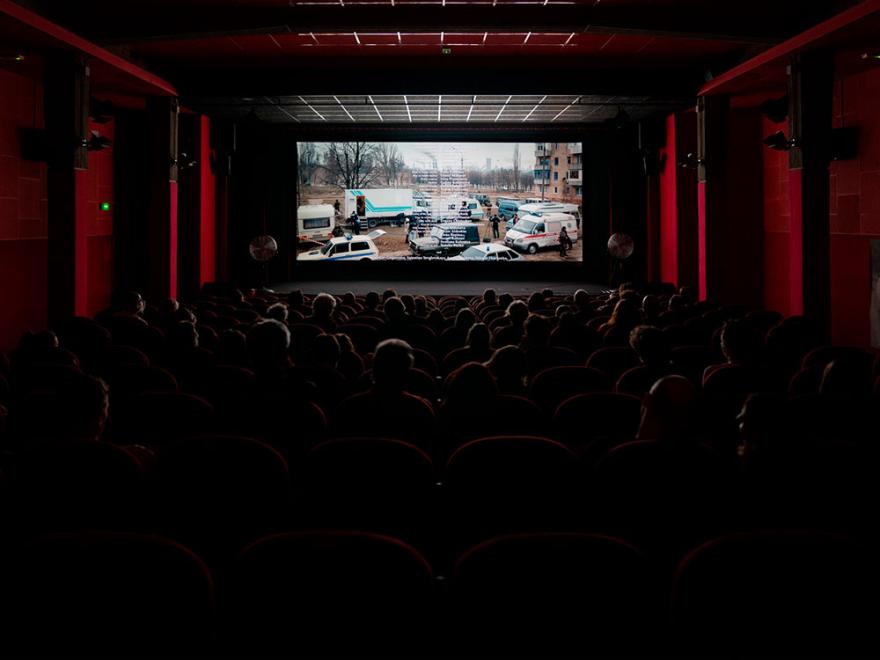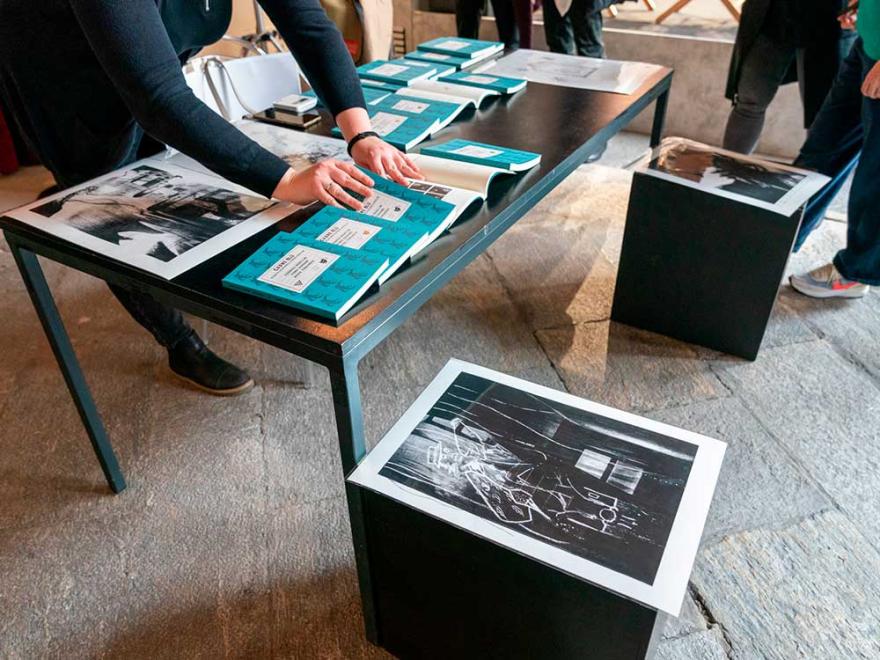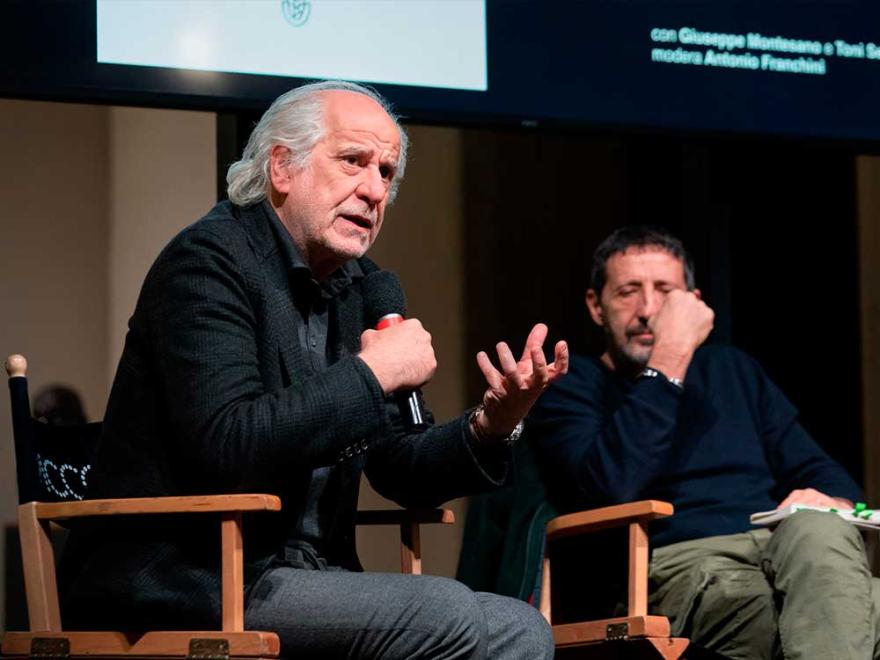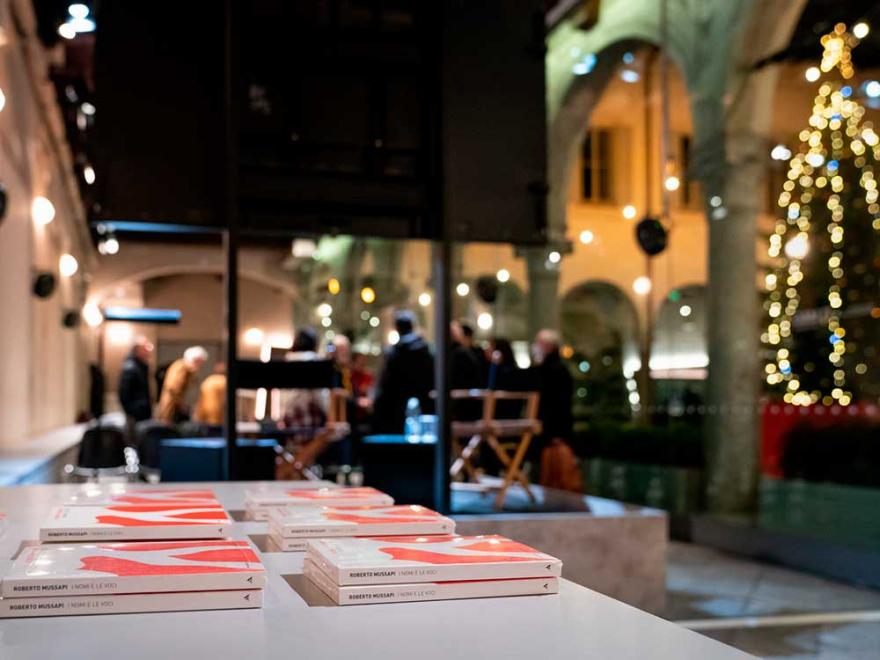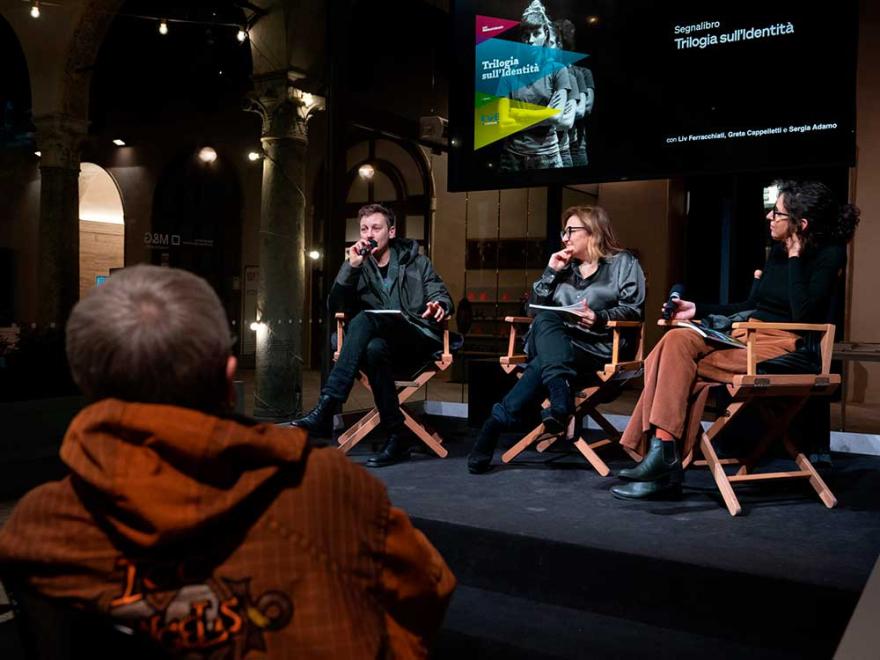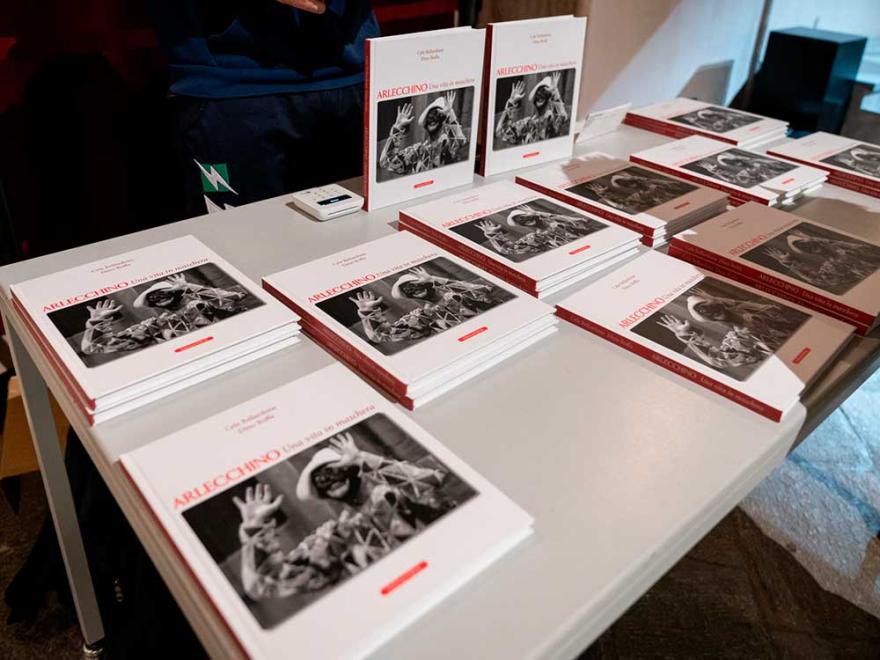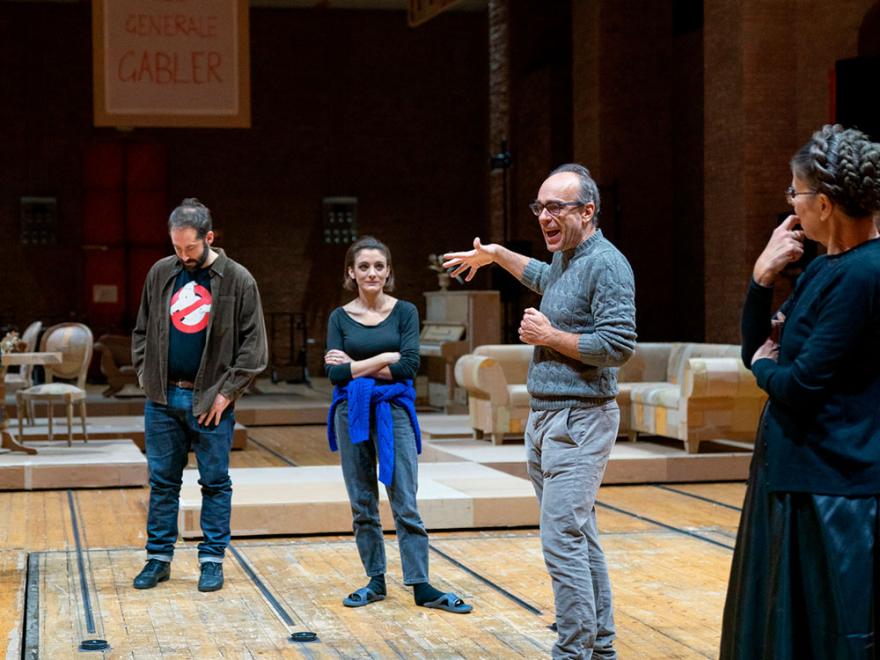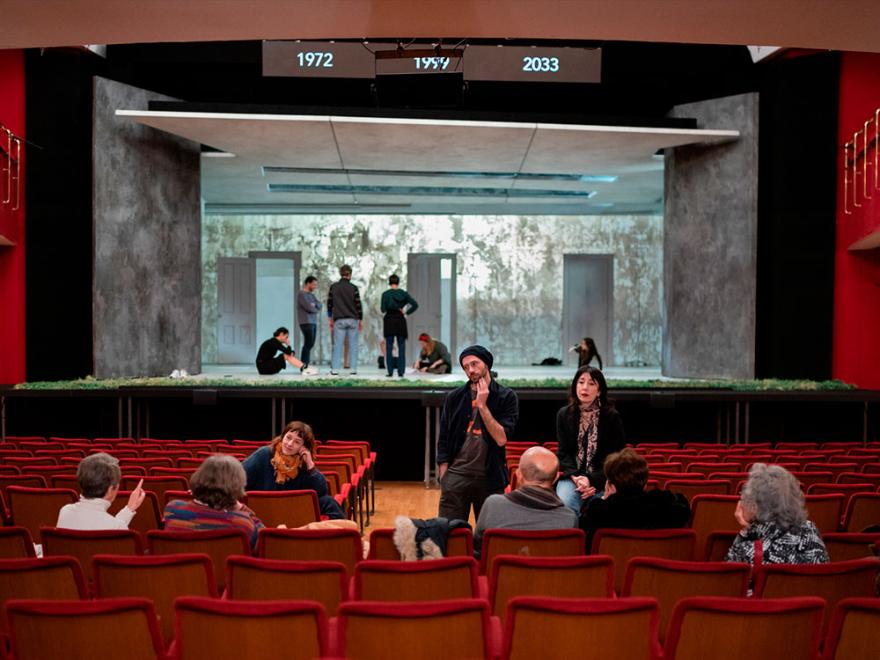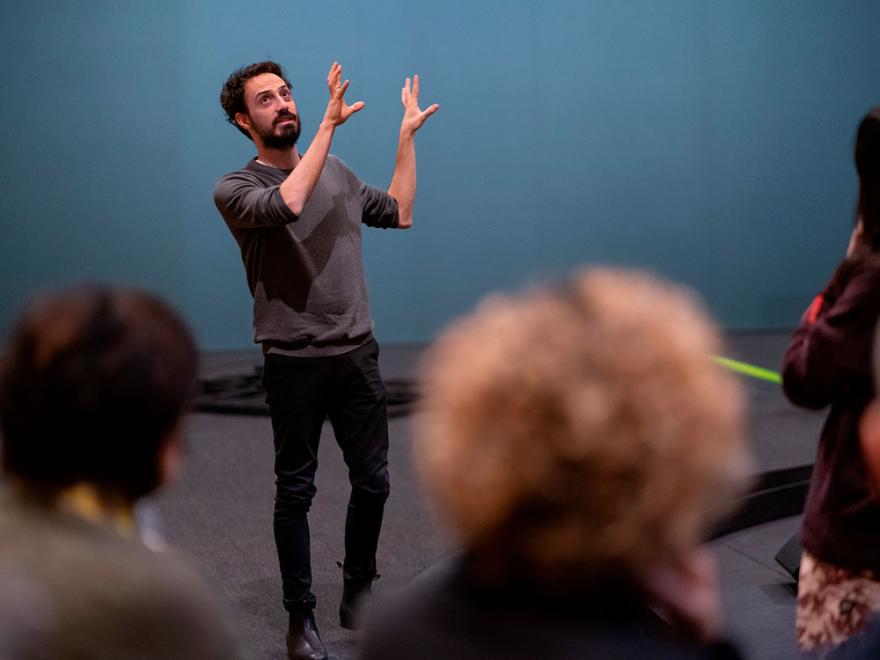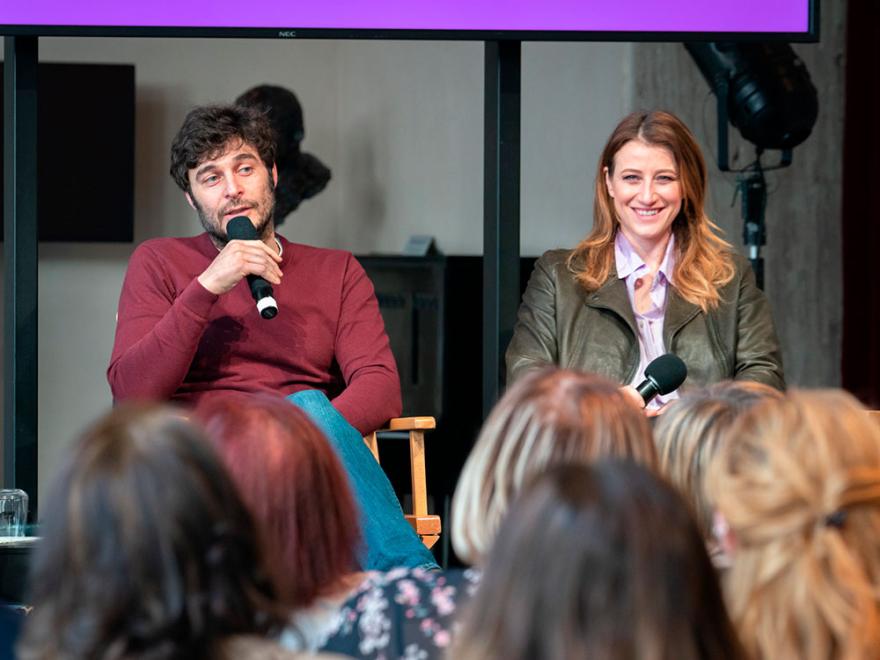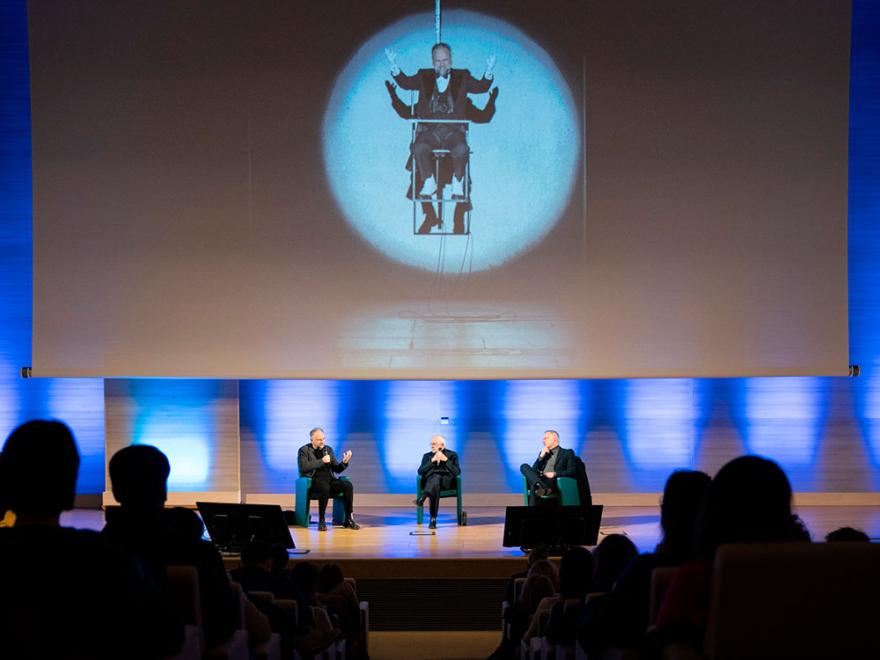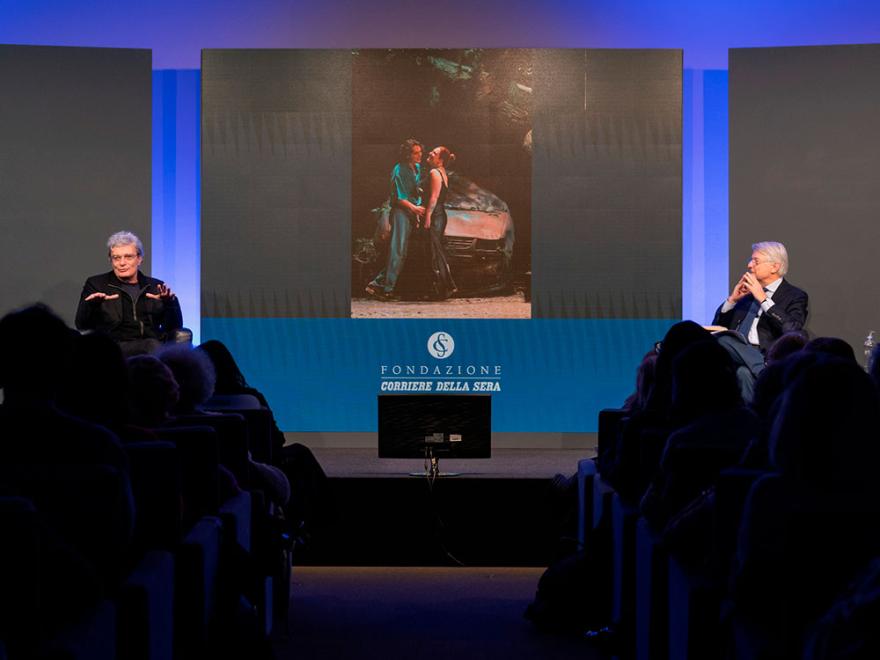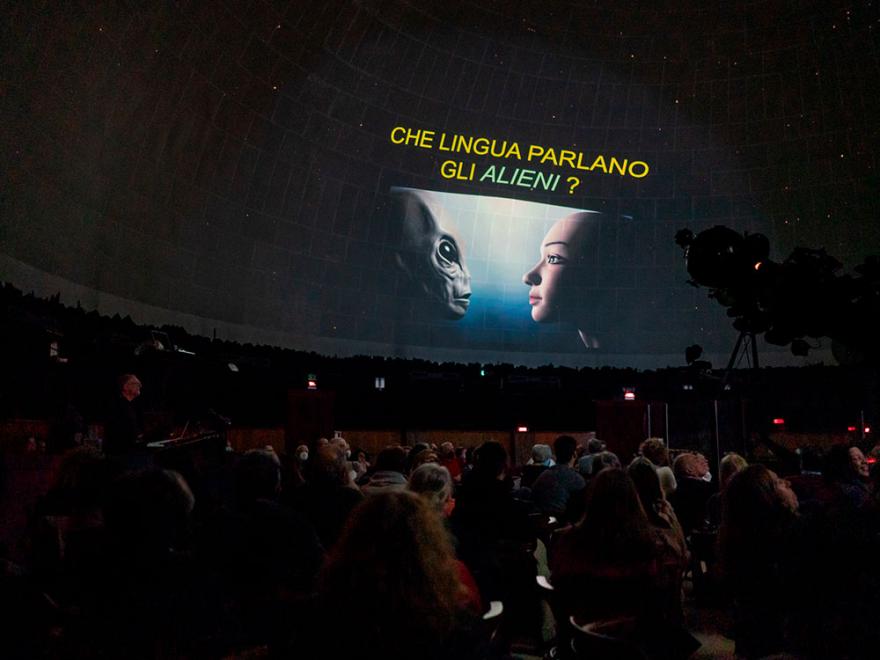Classic Subscriptions

Classic Subscriptions
For you who are a fan of Piccolo productions and co-productions and curious to discover new guest and international shows, choose our Classic Subscriptions!
Classic Subscriptions are by name. Each subscription includes a minimum number of Piccolo productions or Italian and international co-productions (the limits vary in accordance with the type of subscription).
Classic Subscriptions are available from the box office and the box office line; once tickets have been acquired, they cannot be cancelled or modified.
A valid form of identification must be shown when purchasing discounted under 18 and over 65 subscriptions.
Classic Subscription 4 shows
Choose at least 2 titles of your choice from Piccolo productions and Italian and international co-productions.
Productions and co-productions must be chosen when purchasing the subscription.
Classic Subscription 8 shows
Choose at least 4 titles of your choice from Piccolo productions and Italian and international co-productions.
Productions and co-productions must be chosen when purchasing the subscription.
Classic Subscriptions do not include the shows of MITO SettembreMusica; Festival IMMERSIONI; Festival MiX; La Fil – Filarmonica di Milano; NEXT | I cuori battono nelle uova; NEXT | L’eterno marito; the final show of UNLOCK THE CITY!; Milano Film Fest; Milano per Gaber; Milano Flamenco Festival and the shows of the Il teatro tiene banco program.




